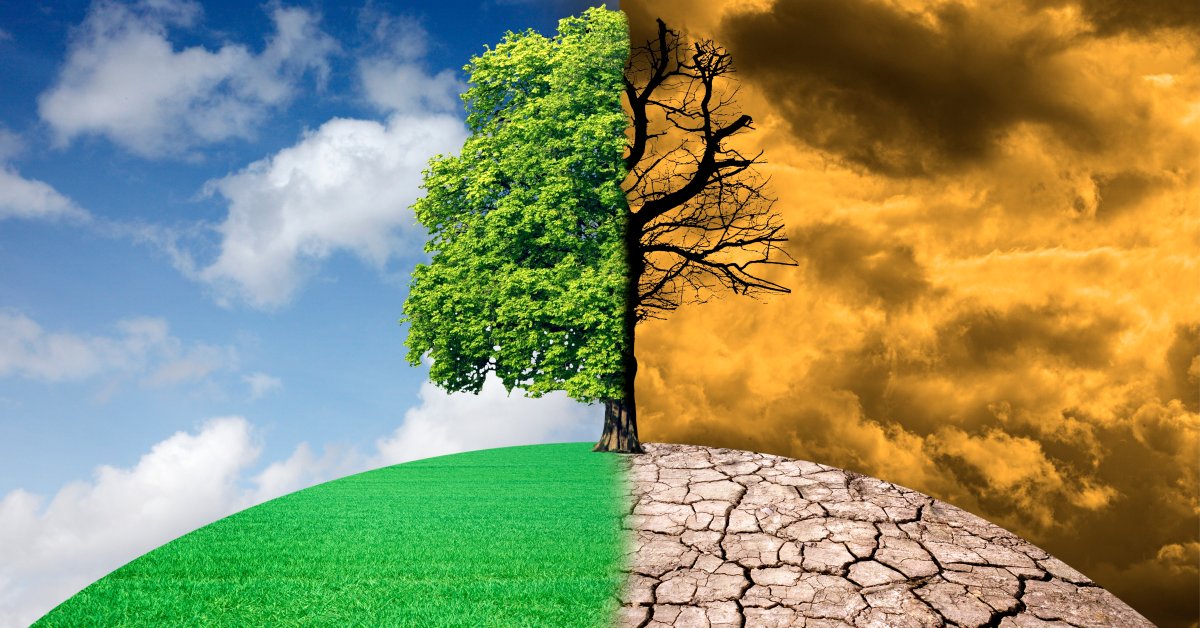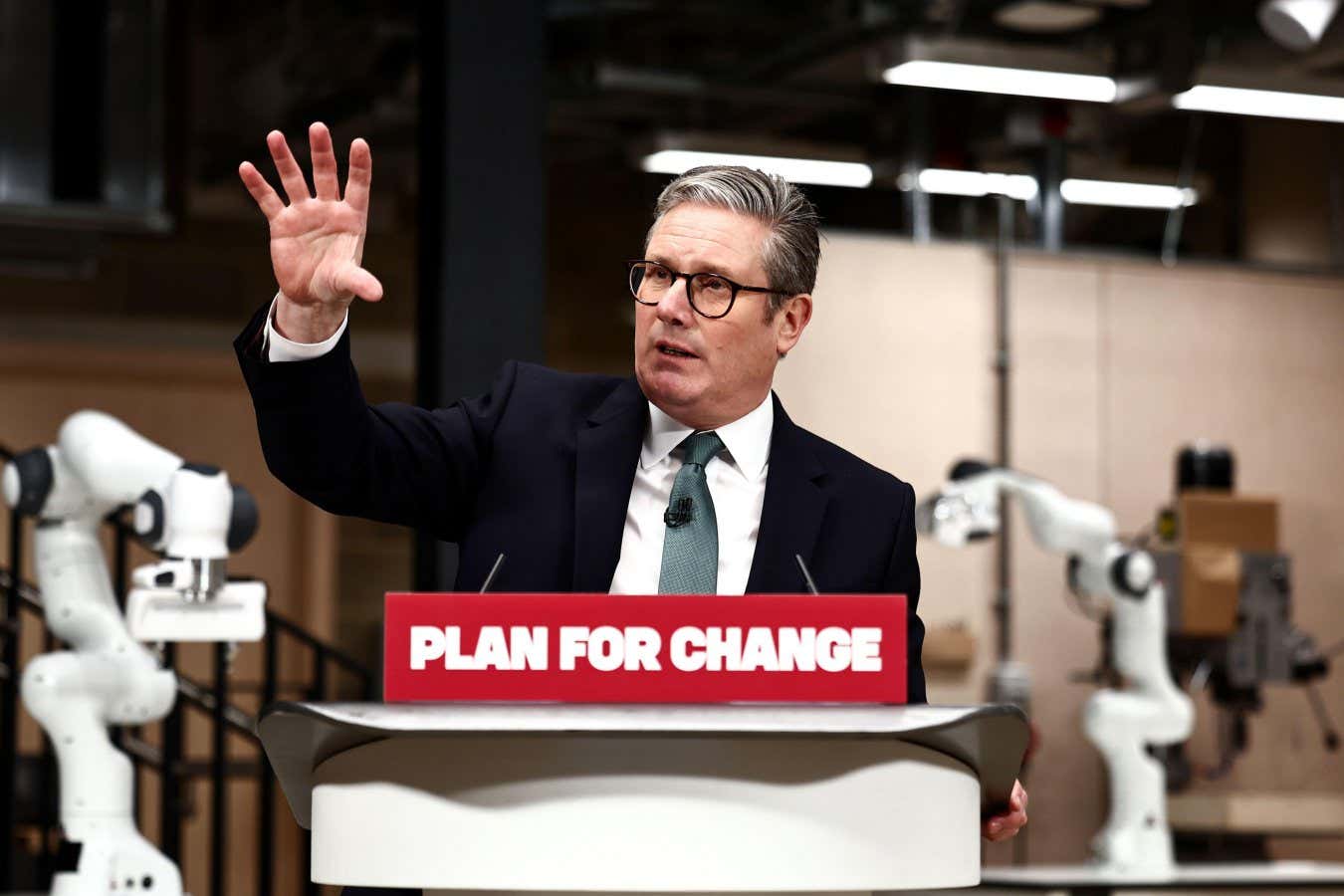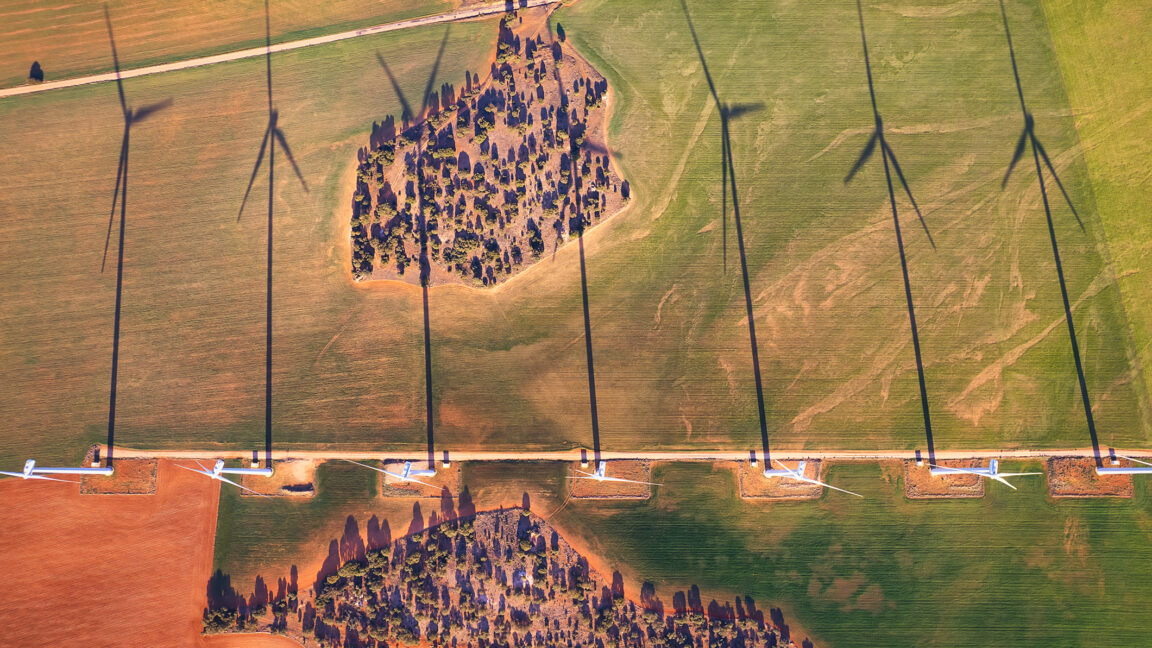It’s axiomatic that you may’t remedy an issue should you don’t admit it exists—and one of the best ways to confess it exists is to speak about it. That’s notably true relating to local weather change.
For greater than 4 a long time, the state of the local weather has been a part of the nationwide dialog—particularly when extreme climate occasions linked to a warming world equivalent to droughts, floods, warmth waves, and hurricanes happen. Between these emergencies, local weather typically retreats to a secondary challenge—or much less. A pair of research—one from 2015, one from 2021— discovered that solely 35% of People talk about local weather change even often. Since 2009, respondents to surveys have been extra prone to say they talk about local weather “not often” or “by no means” than “often” or “typically.” Now, a brand new research in PLOS Local weather explores what the authors time period the “local weather silence” and affords insights into easy methods to break it.
Any public dialogue of a political or social challenge may be topic to what’s often known as a “spiral of silence.” The much less individuals hear a subject talked about, the much less seemingly they’re to deliver it up themselves, which simply results in even fewer individuals discussing it and fewer nonetheless to lift the difficulty. The alternative can also be true: the extra that individuals talk about and debate a subject, the likelier it’s that different individuals will be a part of the dialog. Within the case of local weather change, the latter results in what the researchers name a “proclimate social suggestions loop.” It’s that loop—or lack of it—that the authors of the PLOS One paper have been in search of.
To conduct their analysis, they analyzed three current research by completely different analysis groups performed in 2020 and 2021 during which a complete of greater than 3,000 individuals have been requested for his or her beliefs and emotions about local weather change. Throughout the surveys, the themes responded to questions on whether or not they imagine there’s a scientific consensus that world warming is occurring; how sure they themselves are that world warming is actual; assuming they settle for that it’s certainly actual, whether or not they imagine people are chargeable for it; how a lot they fear about world warming; how a lot of a threat world warming poses to themselves, their households, and their communities; whether or not they assume world warming is a foul or good factor; how a lot of an effort their households and mates make to fight the issue; how vital it’s for his or her household, mates, and, considerably, themselves to take such motion; and the way typically they hear about world warming within the media. Lastly, they have been requested how typically they talk about world warming with household and mates.
What the surveys didn’t handle was whether or not it was all the preliminary variables that led to the discussions—an vital measure of causation—or if they simply existed facet by facet. The brand new research performed statistical analyses of the surveys to make that willpower.
“These surveys didn’t analyze how a lot the unbiased variables affect local weather dialogue,” says Margaret Orr, a PhD scholar in George Mason College’s division of communications and the lead writer of the paper. “They only report survey outcomes with out any interactions between variables.”
Throughout all the pattern group, the researchers discovered that every one however three of the variables led to elevated discussions about local weather change. These three that sparked little or no dialog have been: how satisfied the respondents themselves have been that local weather change is occurring; perception in a scientific consensus that it’s; and perception that people are inflicting the issue. These are three fairly highly effective components—ones that should spark concern and dialog. The researchers have some thought about why they don’t.
“One potential motive for these [variables] not being vital predictors of local weather dialogue is the potential for oblique results,” says Orr. Every of the three components that don’t instantly result in local weather conversations, she says, could nonetheless result in fear, which in flip could spark conversations.
The extra of these conversations that occur, the higher. “Earlier analysis has proven that persons are extra prone to take actions if requested to take action by somebody they like and respect,” says Orr. “Local weather conversations will assist reverse the spiral of silence: the extra individuals notice that others are involved about local weather change and help local weather motion, the extra individuals will speak about it.”
This story is a part of The 89 % Undertaking, an initiative of the worldwide journalism collaboration Masking Local weather Now.





